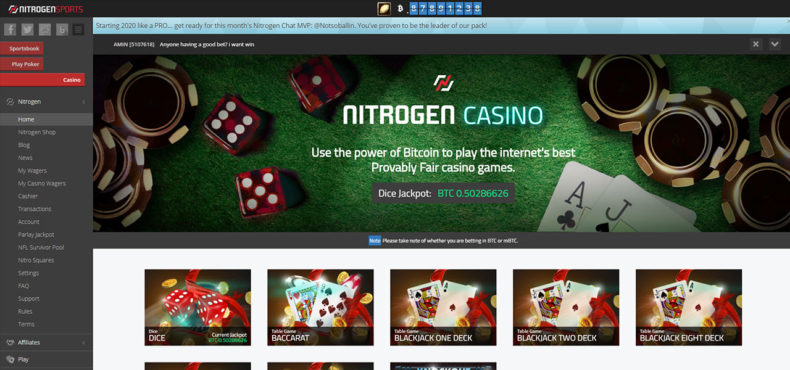Coins as products
In a conversation with CoinDesk later, he said, “That’s the law.”
A commodities lawyer, Valdez raised a significant question:’ve entrepreneurs become overly focused on the U.S. Securities and Exchange Commission when the Commodity Futures Trading Commission is very likely to have authority?

It is uncommon for panels for heated, but that’s precisely what happened through a debate on securities law and the Simple Agreement for Future Tokens (SAFT) on Tuesday.
Panel photo by Brady Dale to get CoinDesk
Santori was there explain to this viewers the way the SAFT attempts to break a token sale to two parts, separating the fundraising of a job by the code which will help the applications job for to power.
Wright and the idea disagreed, arguing that the courts will not distinguish the coin. He asserts the process will be looked at by them.
Attorneys Ask Hard Questions on ICOs
“The individuals purchasing a utility lien on a forward basis,” she said, “I do not really find an exemption.”
When a hedge fund attempts to get a contract such as that, however, it turns into a financial derivative.
Disclaimer: This article shouldn’t be chosen as, and isn’t intended to supply, investment information. Before investing in any cryptocurrency, please conduct your own research.
The leader in blockchain information, CoinDesk is a different media outlet which strives for the highest journalistic standards and abides by a strict group of editorial policies. Interested in offering insights or your experience ? Get in touch with us in news@coindesk.com.
In her comments, she clarified that it has long been a custom for, say, a petroleum business to sell forward contracts to refineries that state, effectively: “We’ll send 100 gallons of crude petroleum on this date for this cost.” This is lawful because the refinery is a merchant that is commercial. There’s no doubt that the oil will be received by it and utilize it.Yvette Valdez of Latham & Watkins complicated the concerns of entrepreneurs even more, premising her comments by stating, “I do not believe the pre-sale and SAFT is that easy.”
Once a protocol is ready for use and started an investor gets a contract.
Called “Structuring Legally Compliant Token Revenue,” the panel took place in the Cardozo School of Law, in Yeshiva University in Manhattan. There, much of the conversation based on critiques leveled in that model from the Cardozo Blockchain Project, in addition to the white newspaper introduced by Cooley LLP attorney Marco Santori and Protocol Labs.“It is still the truth and circumstances,” she said, including:
The individuals who pre-order these tokens “carry on enterprise threat,” Santori explained. That component is a safety, he forfeited.
In the exact same manner, a partnership investor who purchases a stack of tokens using a SAFT in advance probably is not, for instance, going to utilize them to bet racks of servers inside their offices to run, state, filecoin. They mean to sell them.“There’s no ‘this is good’ or ‘that is poor.'”
By the end of the panel, it appeared like even more landmines were faced by issuers there’s not a easy answer on these questions.
Attorneys on the panel of seven kept returning to this question of if such a token could be considered just like a mineral ore and the SAFT.To how bankers used to finance gold to be dug by miners continuing, Santori compared this section. When the gold came straight back, nobody believed that the golden was a safety, he concluded. In this way, he explained that, with the SAFT, the entrepreneur does not even need to sell what he made to cover back his investors. The investor gives backers digital currency.
Coins as products - July 2025
EXPERTLY REVIEWED
MOBILE FRIENDLY
FAST PAYOUTS
- CasinoRatingBonusVisit Casino
Get your 100% Match Bonus up to $1000!
200% match bonus up to 2000
Up to 5 BTC
Get up to 1 BTC on First Deposit!
Get your 5 BTC Welcome Bonus
Bitcoin Current Price
Top Rated






Search
Casino List
- 7bit Casino
- Bovada Casino
- Bitstarz Casino
- Ignition Casino
- Sun Palace Casino
- Aladdin's Gold Casino
- Casumo Casino
- Lucky Red Casino
- Fortunejack Casino
- Mbit Casino
- Mars Casino
- Club World Casinos
- Slotocash Casino
- Drake Casino
- Grand Fortune Casino
- High Noon Casino
- Royal Ace Casino
- Cafe Casino
- Raging Bull Slots
- Oshi Casino
- Betchain Casino
- Casino Extreme
- Vegas Casino.io
- Bitcoin Penguin Casino
- Joe Fortune Casino






